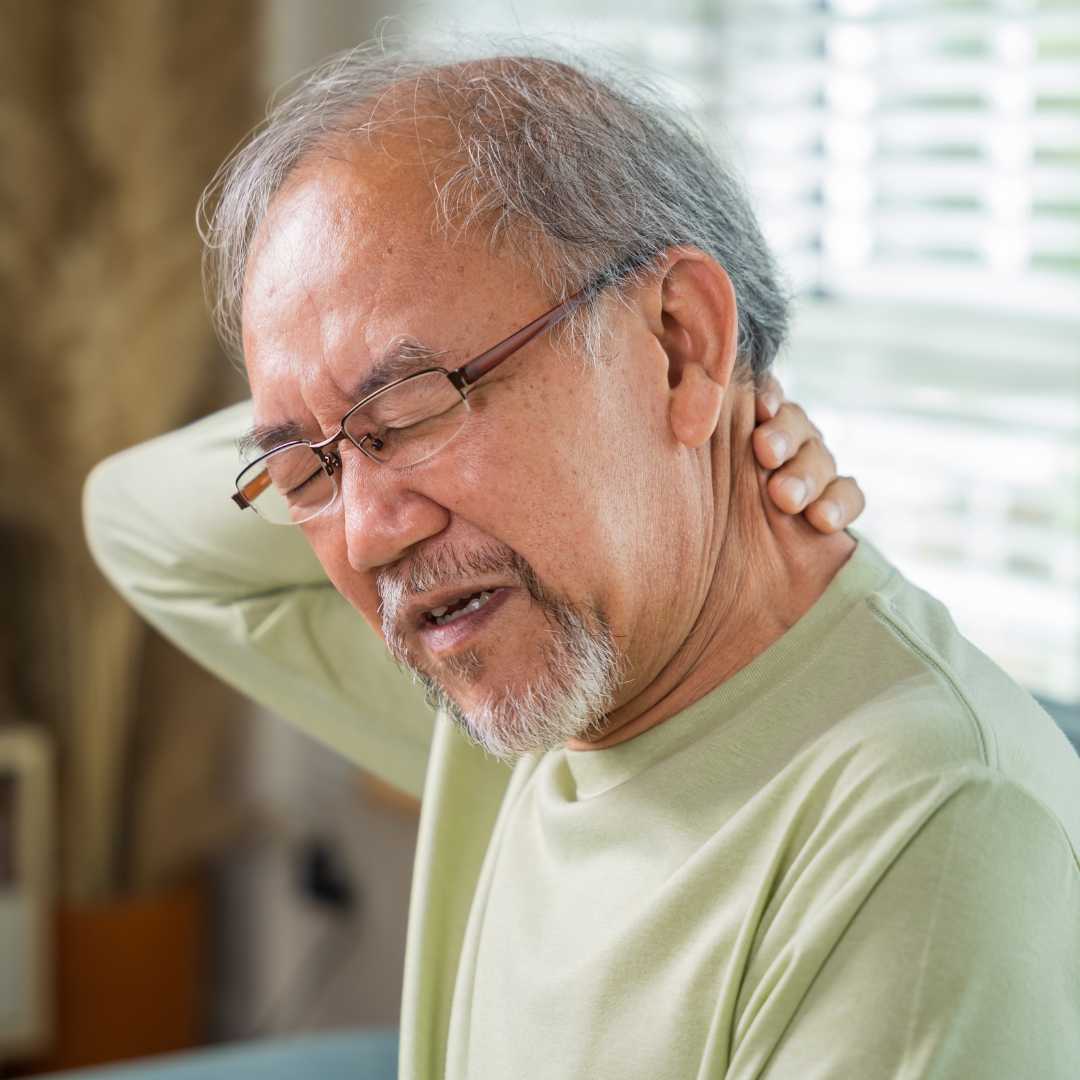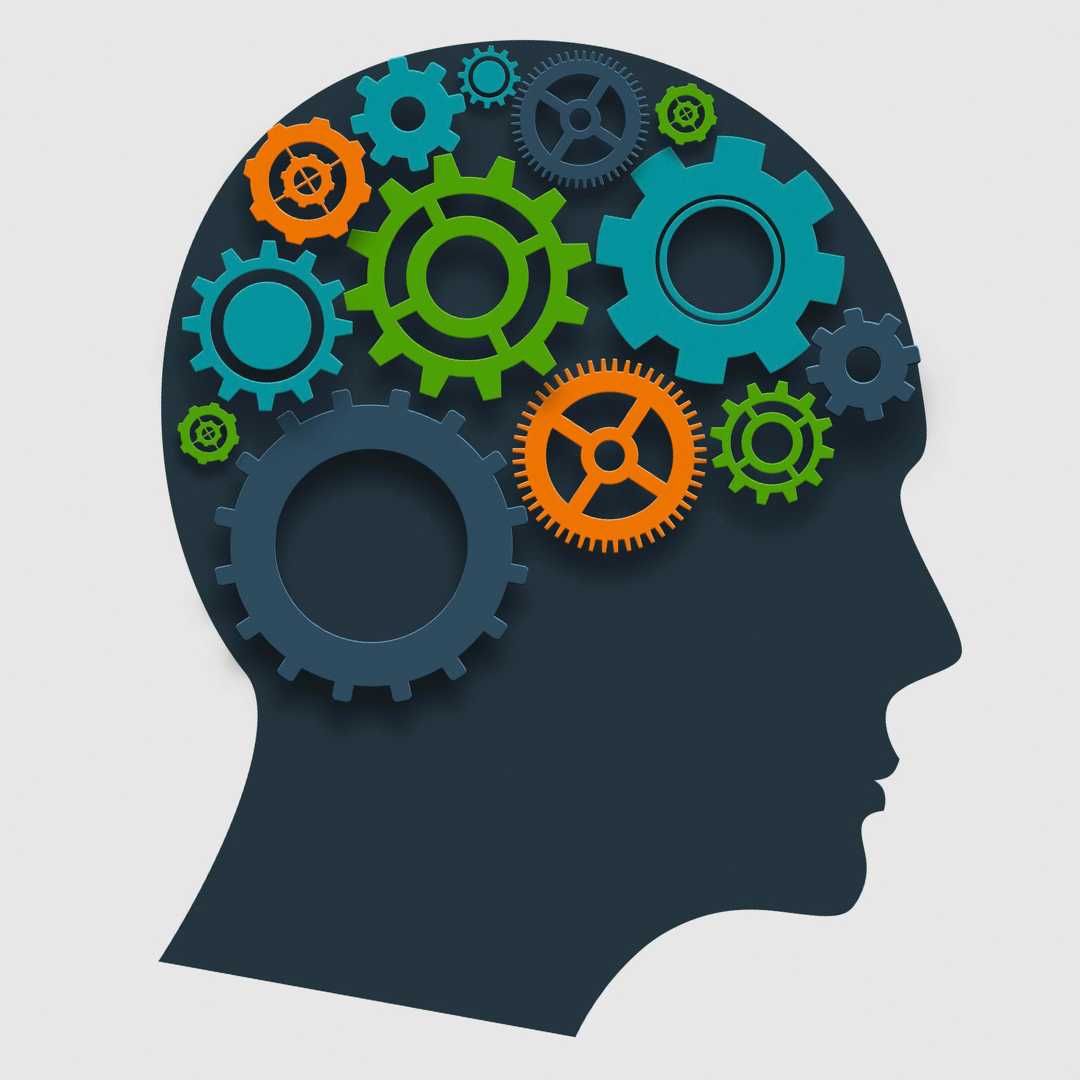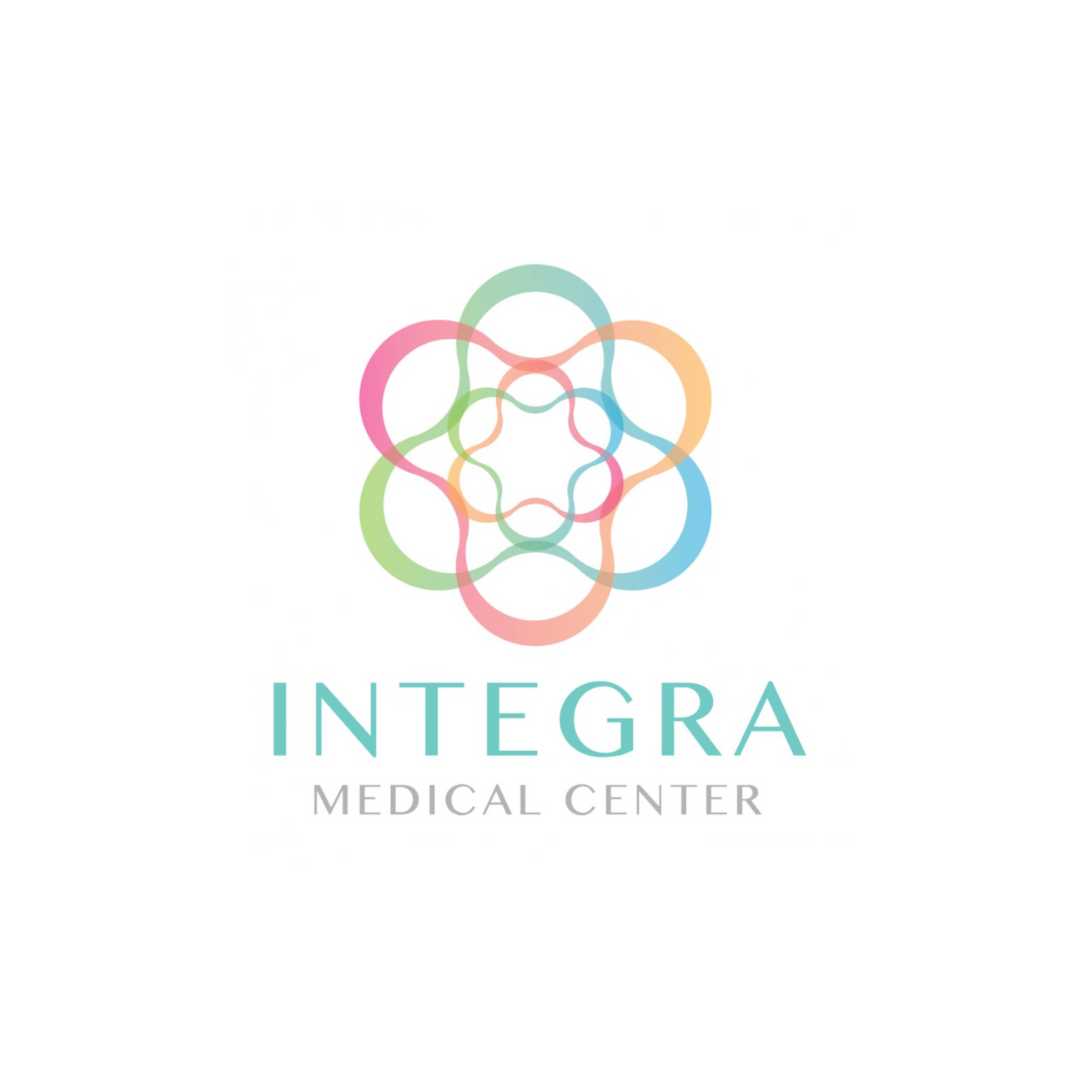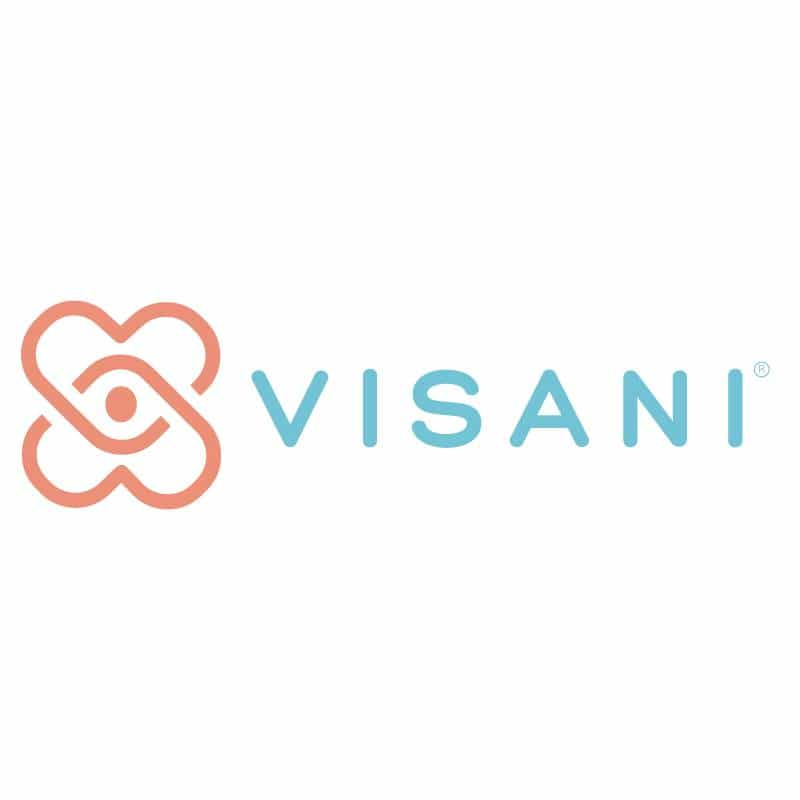Revitalizing Hope: Pioneering Regenerative Medicine for ALS in the United States
Discover Hope with ALS Regenerative Medicine in United States
Understanding Regenerative Medicine for ALS
Imagine your family or closest friends grappling with the harsh reality of Amyotrophic Lateral Sclerosis (ALS), a debilitating neurodegenerative disorder that gradually erodes the function of motor neurons. The emotional toll and physical challenges that accompany an ALS diagnosis are immense, reshaping daily life and relationships. It is indeed a daunting health issue, as ALS typically leads to progressive muscle weakness, affecting mobility, speech, and even the ability to breathe. However, within this grim scenario, a ray of hope emerges through the lens of Regenerative Medicine.
The Complexity of ALS
ALS is a challenging condition characterized by the degeneration of motor neurons, leading to muscle weakness and eventual paralysis. Traditional treatments aim to manage symptoms, but regenerative medicine offers a more transformative approach by targeting the restoration and regeneration of damaged neurons.
Specialized Treatment Options in the United States
The United States boasts specialized treatment centers and research institutions dedicated to advancing regenerative therapies for ALS. Patients benefit from a comprehensive range of treatment options, including stem cell therapies and gene therapies, which aim to slow disease progression and improve motor function.
Top Benefits of Choosing Regenerative Medicine for ALS in the United States
-
Expert Clinicians: ALS patients in the U.S. can access the expertise of clinicians and researchers who specialize in neurodegenerative diseases, ensuring a high level of competence in administering regenerative treatments.
-
Clinical Trial Opportunities: The United States provides extensive opportunities for ALS patients to participate in clinical trials, allowing them access to groundbreaking therapies and contributing to the advancement of medical knowledge.
-
Multidisciplinary Care: The collaborative approach of multidisciplinary teams in the U.S. enhances the overall care experience for ALS patients, addressing not only the physical aspects of the disease but also the emotional and psychological well-being.
-
Patient Advocacy: ALS advocacy groups in the U.S. play a pivotal role in raising awareness, providing support, and facilitating access to cutting-edge treatments, empowering patients and their families.
-
Research Funding: The U.S. allocates substantial resources to fund ALS research, fostering an environment conducive to innovation and ensuring a continuous push towards the development of effective regenerative therapies.
Patient-Centric Focus
Regenerative medicine for ALS in the United States places a strong emphasis on patient-centric care. Treatment plans are tailored to the individual needs and preferences of each patient, recognizing the unique challenges posed by ALS and the importance of enhancing patients' overall quality of life. This personalized approach contributes to a more holistic and effective management of the disease.
Regulatory Oversight and Safety Measures
The regulatory landscape in the United States for regenerative medicine ensures a rigorous evaluation of safety and efficacy. This commitment to stringent oversight enhances the safety of ALS treatments, instilling confidence in both patients and healthcare providers regarding the ethical and responsible application of regenerative therapies.
Collaborative Global Initiatives
Research and advancements in regenerative medicine for ALS in the United States are often part of collaborative global initiatives. Partnerships with international researchers and institutions contribute to a shared pool of knowledge, accelerating progress and expanding the potential impact of regenerative treatments for ALS on a global scale.
ALS Regenerative Medicine in United States
Keywords: ALS Regenerative Medicine in United States







.png)



